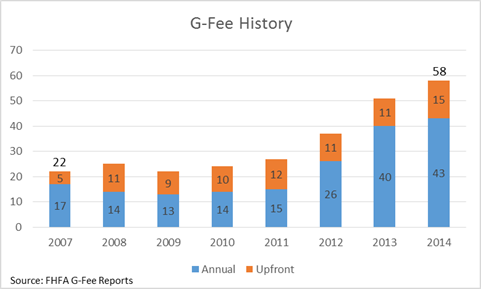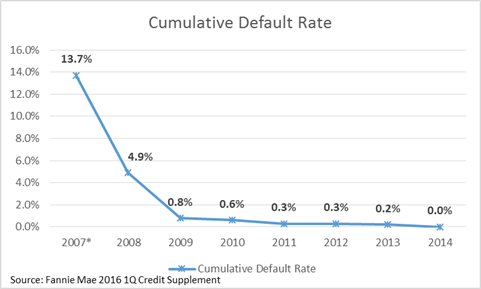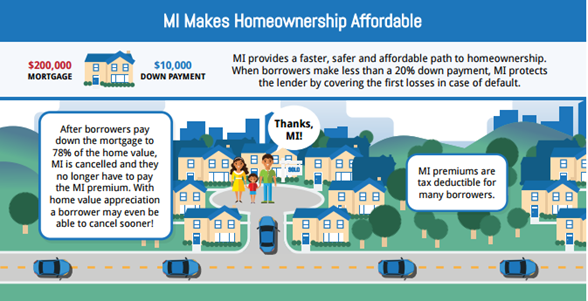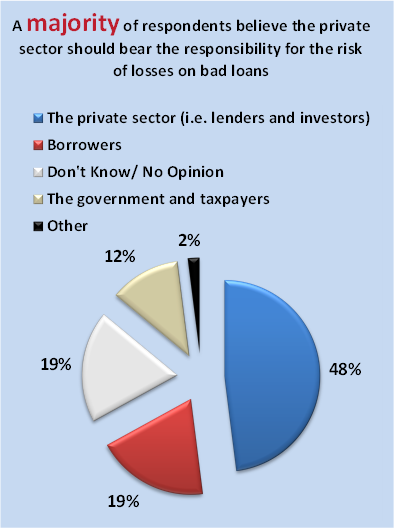For Immediate Release
June 30, 2016
Media Contacts
Laura Capicotto (202) 777-3536 (lcapicotto@clsstrategies.com)
USMI Names Patrick Sinks Chairman
New Leadership Marks a New Chapter for the Mortgage Industry
WASHINGTON — U.S. Mortgage Insurers (USMI) today announced Patrick Sinks will serve as the organization’s new chairman. Sinks is MGIC Investment Corporation’s Chief Executive Officer (CEO) and succeeds USMI Chairman Rohit Gupta, President and CEO of Genworth Mortgage Insurance (MI). Sinks’ appointment marks a new chapter for USMI since its formation in March 2014.
“Restoring stability in the housing economy and setting a long-term course for the mortgage finance system remains a top priority among regulators, lawmakers and industry stakeholders in Washington. I am pleased to serve as USMI chairman as these issues take form given the critical role mortgage insurance plays in facilitating homeownership and protecting taxpayers from government exposure to mortgage risk,” said Sinks.
Sinks previously served as USMI’s Vice Chair. He has served as MGIC’s CEO since March 2015 and brings over three decades of experience in the mortgage insurance industry to USMI’s chairmanship. He began his career with MGIC at its primary subsidiary Mortgage Guaranty Insurance Corporation (MGIC) in 1978 as a member of the accounting team. He served in numerous roles at MGIC, including President and Chief Operating Officer of both MGIC Investment Corporation (MTG) and MGIC prior to being named CEO.
“Patrick’s wealth of experience and proven leadership are tremendous assets to our industry association and I look forward to continuing our work,” said Lindsey Johnson, President and Executive Director of USMI. “I want to also offer my gratitude to Rohit for his dedication to USMI as one of the association’s first chairmen. We are very appreciative of the time and devotion he has given to the organization and value his continued role on our board of directors.”
Bradley M. Shuster, who is the Chairman of the Board and Chief Executive Officer for NMI Holdings, Inc., will take over as Vice Chair for USMI.
###
U.S. Mortgage Insurers (USMI) is dedicated to a housing finance system backed by private capital that enables access to housing finance for borrowers while protecting taxpayers. Mortgage insurance offers an effective way to make mortgage credit available to more people. USMI is ready to help build the future of homeownership. Learn more at www.usmi.org.















